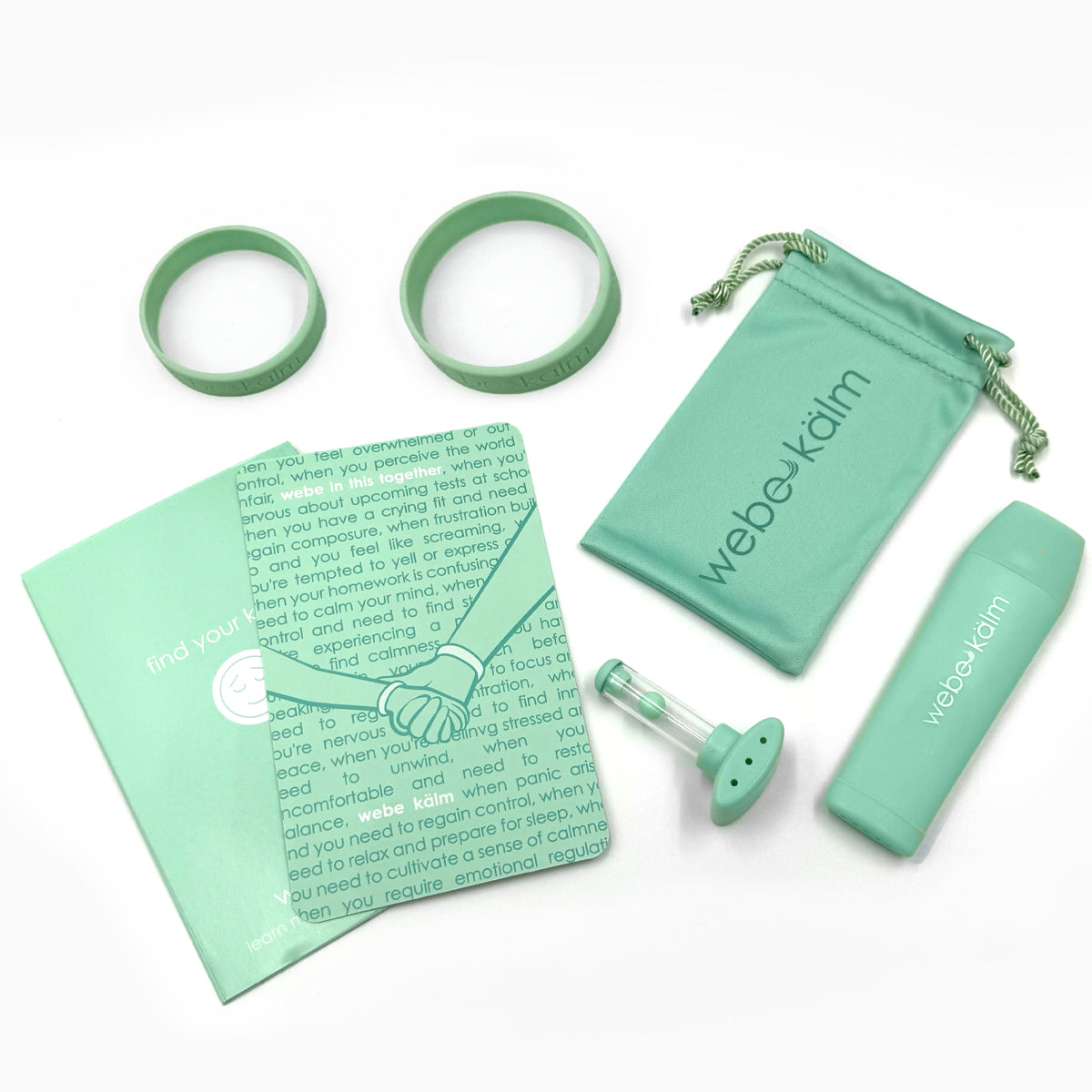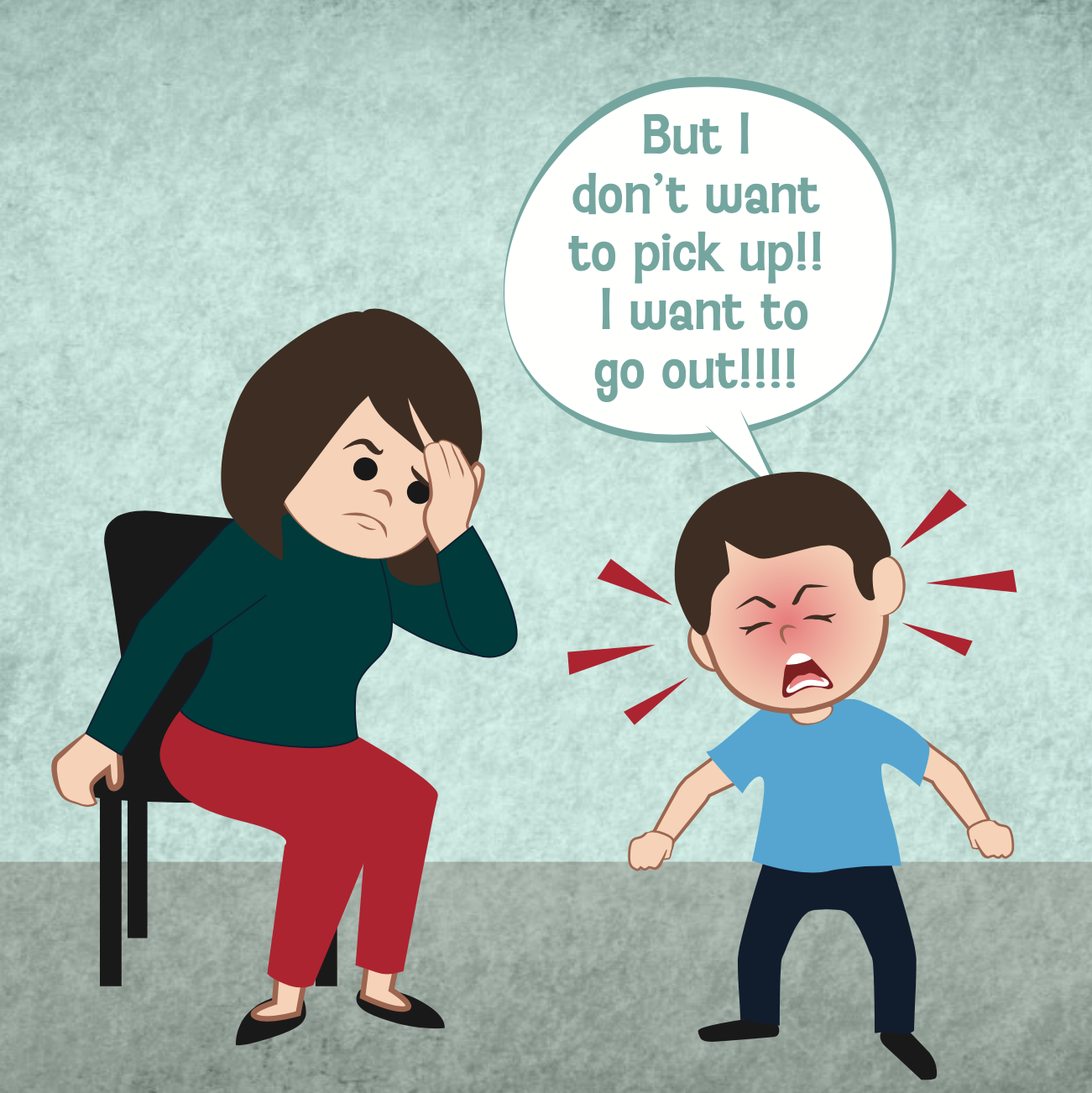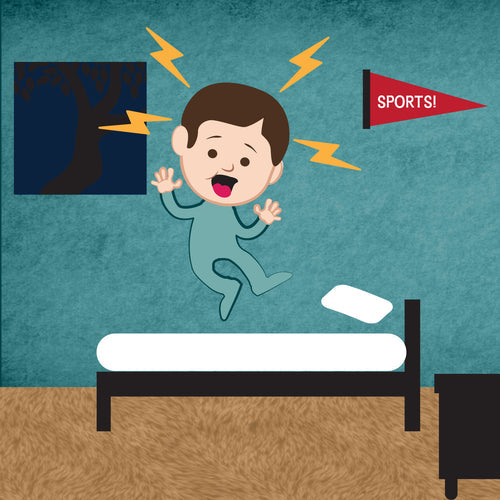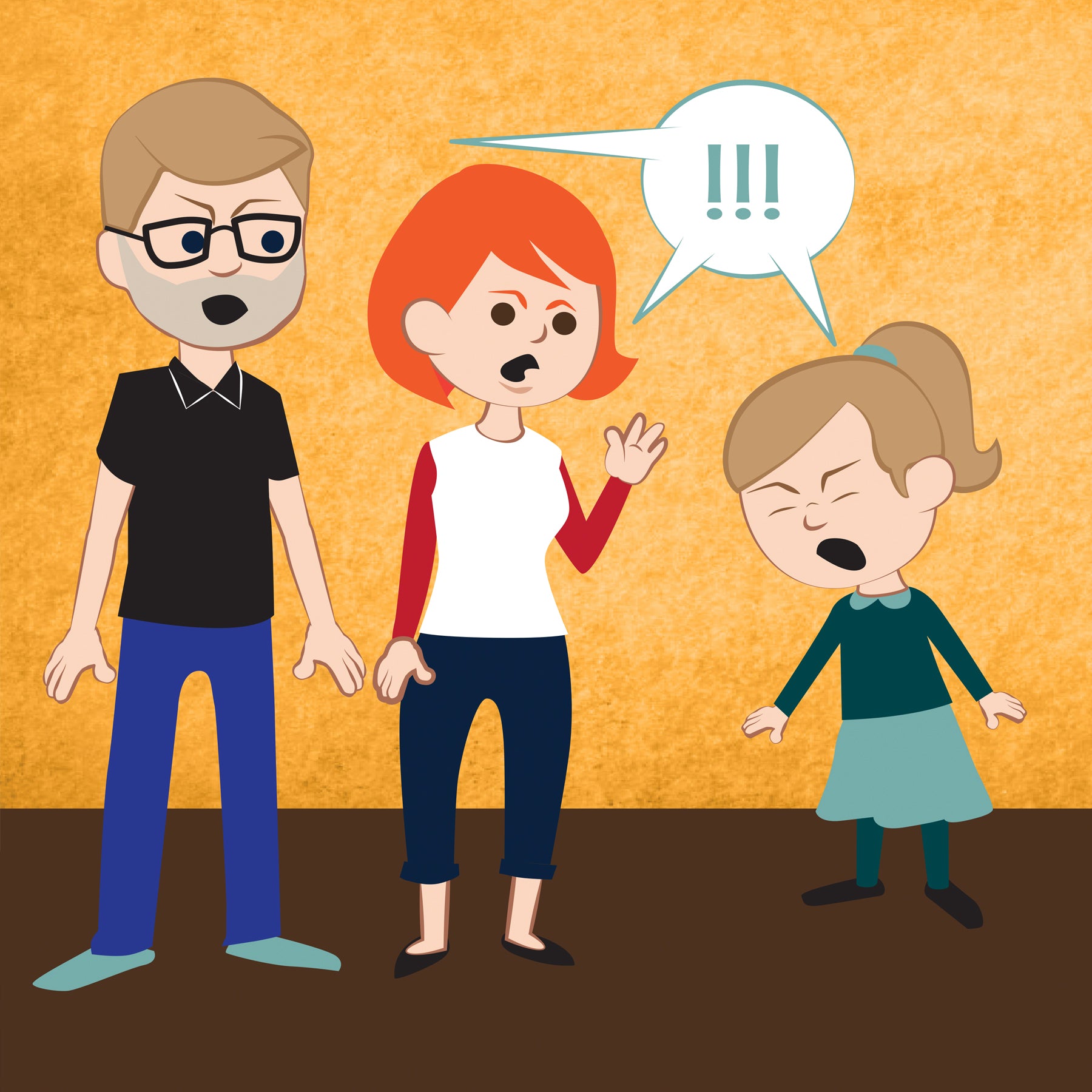My 11-year-old son has begun to whine whenever he doesn’t get his way. For me it is like nails on a chalkboard and I want nothing more than to make it stop! Trying to reason with him doesn’t work and punishing him only addresses the present issue without preventing him from doing it again over something else. It is driving me crazy, can you help?
Cringing Mom
Dear Cringing Mom,
I hear your frustration and desire to extinguish this behavior. Alongside this, I imagine, is a wish for a deeper connection with your son that is easier and more peaceful.
Children might whine for a variety of reasons, and understanding these may help in finding more effective and peaceful solutions.
- Communication - Whining can be a way to share frustrations, disappointments, upsets, and other big emotions when we don’t know how to express ourselves differently. Helping children with alternative language can be helpful in these situations. This can be done reactively in the midst of a situation or it can be practiced proactively with role plays.
- “I am hearing how upsetting it is to you when your broccoli touches your potatoes but it really hurts my ears to hear you tell me with that voice, would you be willing to try your regular voice so that I can hear you more comfortably?”
- Attention - Children sometimes use whining to get noticed or cared for, especially if this technique has worked in the past. Finding special one-on-one time with children helps foster connection and decrease the need to use other attention seeking behaviors, like whining. Additionally, it is helpful to recognize and celebrate children when they effectively communicate without whining.
- “I love when you ask me to play using your regular voice. I feel so much more open to saying ‘yes’!”
- Autonomy - When children feel they have little, or no, choice in a situation they might test boundaries (with whining) in an effort to gain respect and independence. Offering choices within clear and set boundaries maintains their autonomy and your comfort.
- “It is important to me that we keep the house clean. So, would you prefer to eat the cake with your hands in the kitchen where we have tiles or with a fork on the couch where the fabric is harder to clean?”
- Dysregulation - Feeling tired, hungry, agitated, or out of control can result in irritability expressed through whining. Once basic needs are met (ie rest and nutritious, healthy meals), helping your child find their calm can reset, recalibrate, and support regulation. Effective strategies to feel calmer include deep breathing with slow exhalations (using the webe kälm can help here), guided meditation, or listening to relaxing music.
- “It looks like you have a lot of energy and may even feel jittery? When I feel like that, doing some breathing really helps. Would you like to try it together?”
Remember whining is something your son does, not who he is. As frustrating as it can be, try not to let it determine your emotional state. Even if he whines, you can self care by grounding yourself (with deep breathing, a walk, stepping into another room) so that you can feel more regulated before responding. This will help you feel more composed and available to work together in finding alternative solutions that will hopefully bring you and your son greater peace and deeper connection.
Good luck to you and remember, webe in this together!
Best wishes,
webe












Leave a comment
All comments are moderated before being published.
This site is protected by hCaptcha and the hCaptcha Privacy Policy and Terms of Service apply.